- Difficulty level
- Intermediate
- Time to Complete
- A week or more
- Used Material
- basic sewing supplies, cotton fabric
- Projects
- quilt, quilting
- Seasons
- all seasons
- Techniques
- quilting
Used Products
What you might also like
0 comments on “”
-
-
I had the same question! There must be an error in the instructions. I guess I’ll be cutting a few more background squares tomorrow! I have used the technique many times and I know it works great!
-
me too… I haven’t started this quilt top, but I have been following. I have banned myself from starting any new until I have completed UFO’s… it’s soooo hard not to start new things!!!! I plan starting this quilt top soon as I can. Hope we get an answer soon, and/or they fix the instructions b4 a newbie, like me, gets really frustrated.
-
There are 8 colors. You are supposed to cut 2 big squares of each color EXCEPT for Color #1 (Persimmon), which you are supposed to cut 4 big squares, so you have 18 color squares. Each BIG square needs 4 little squares; this yields 4 flying geese units of the same color. So my math says 4×18=72 small squares.
-
I contacted Bernina and the pattern has been updated.
-
Well, the pattern hasn’t been updated, because I have my 8 leftover blocks after I cut 72.
-
-
Leave a Reply Cancel reply
You must be logged in to post a comment.
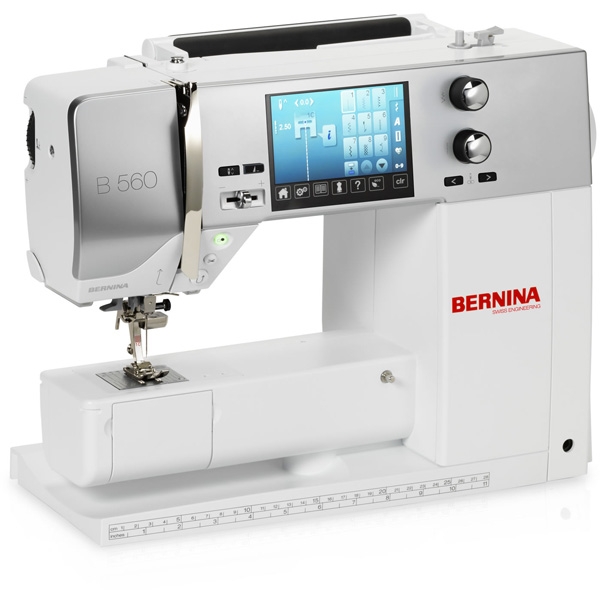
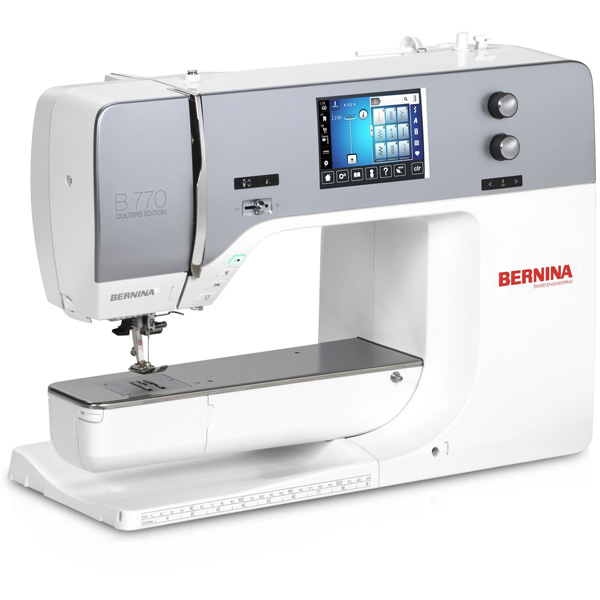
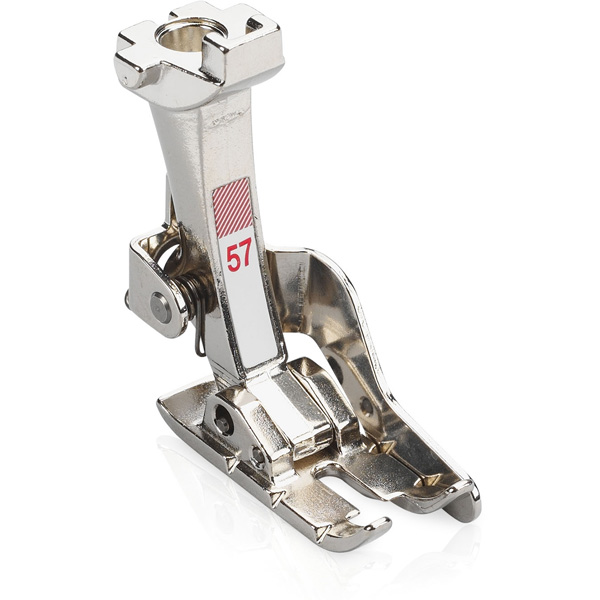






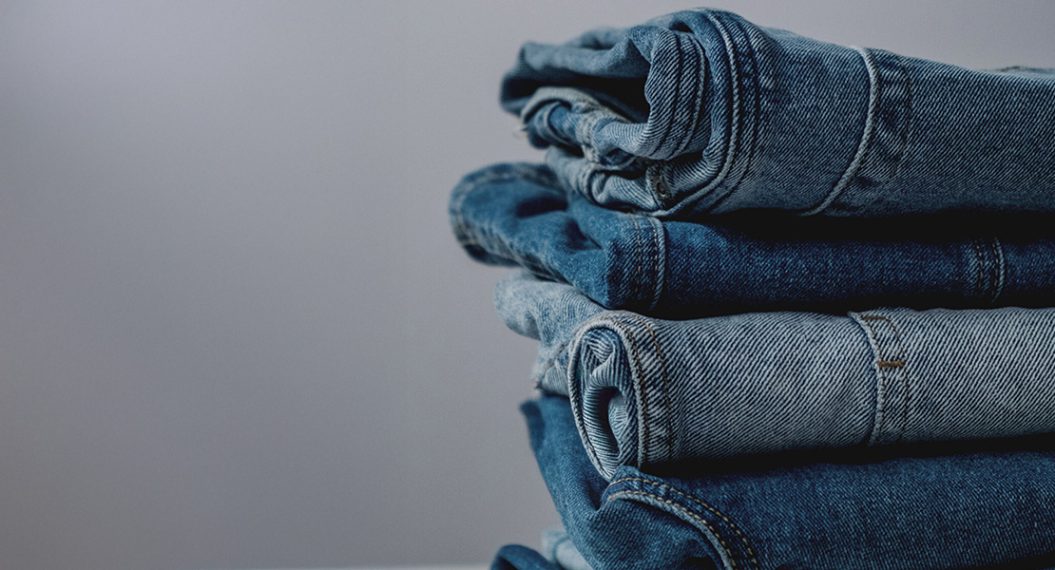
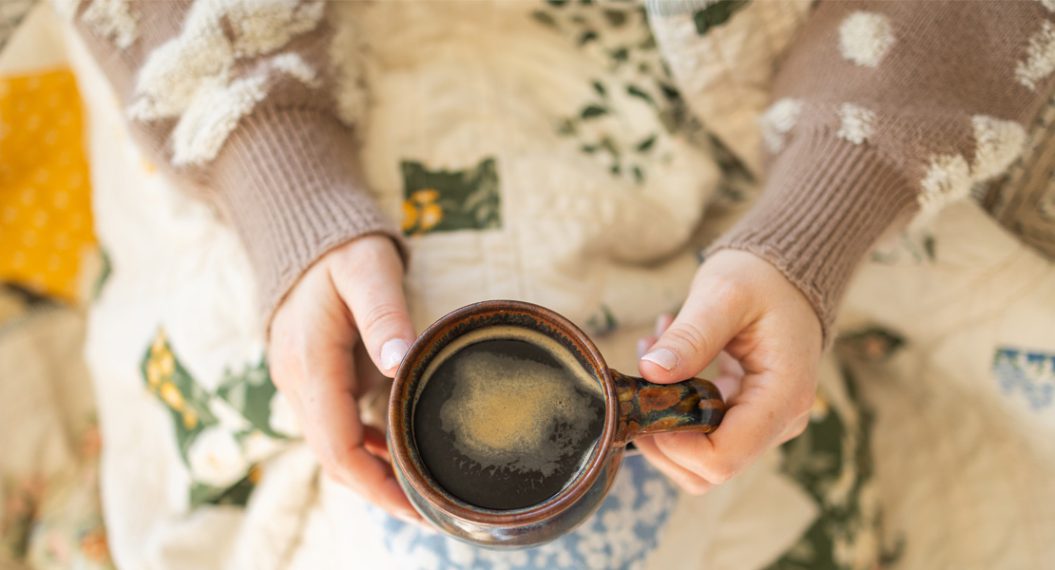
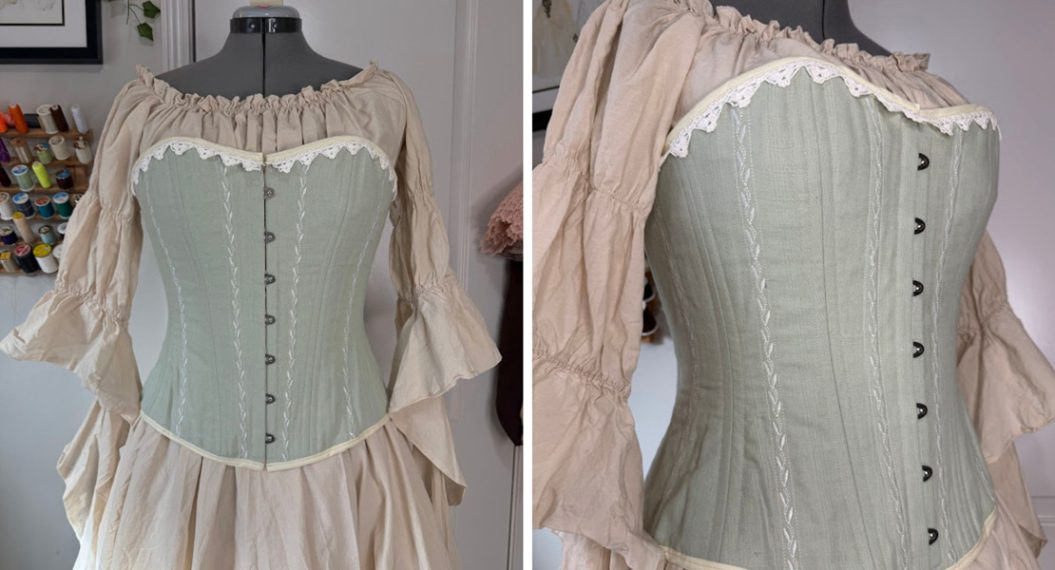
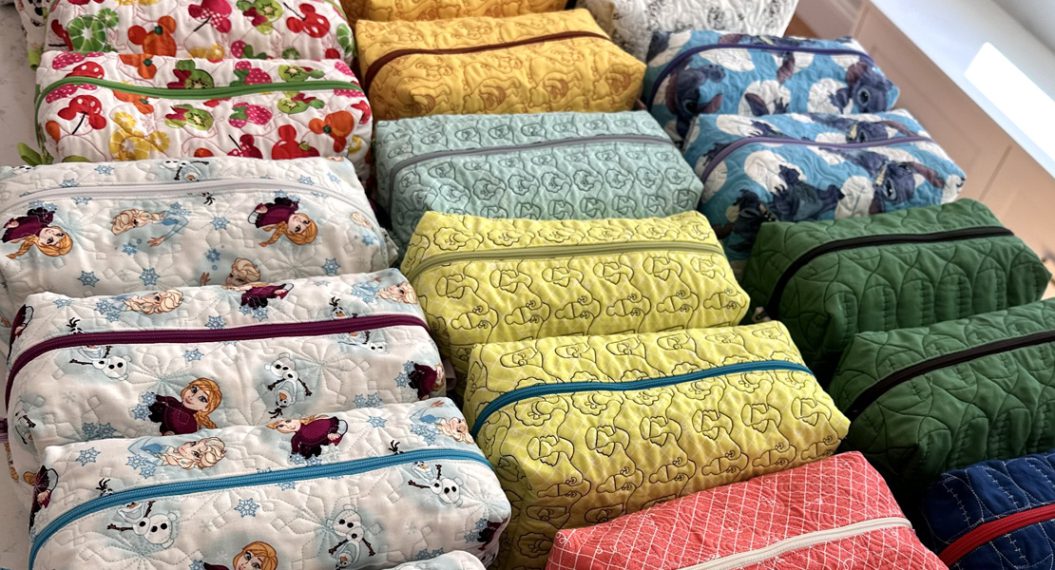
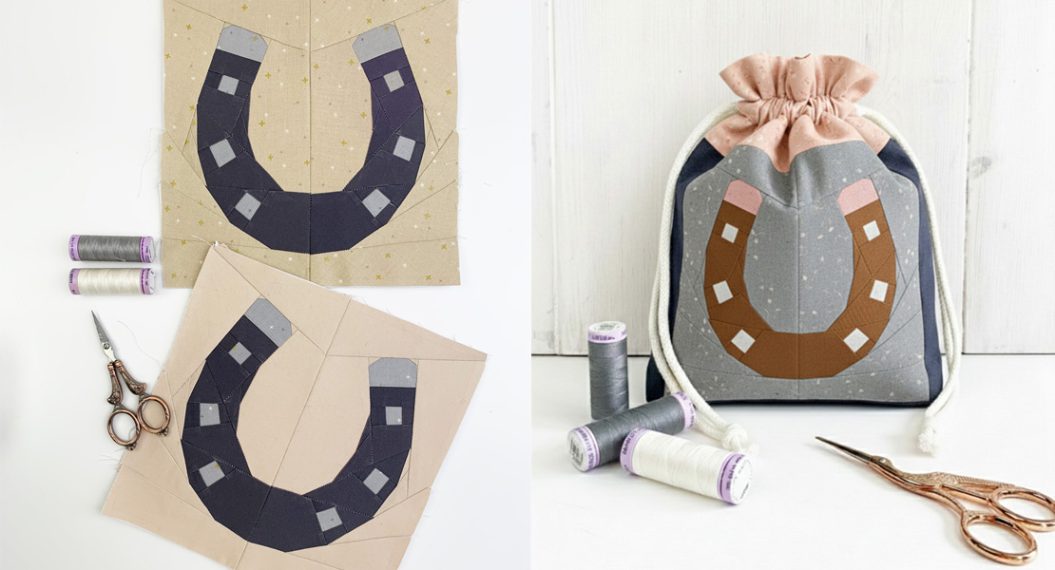
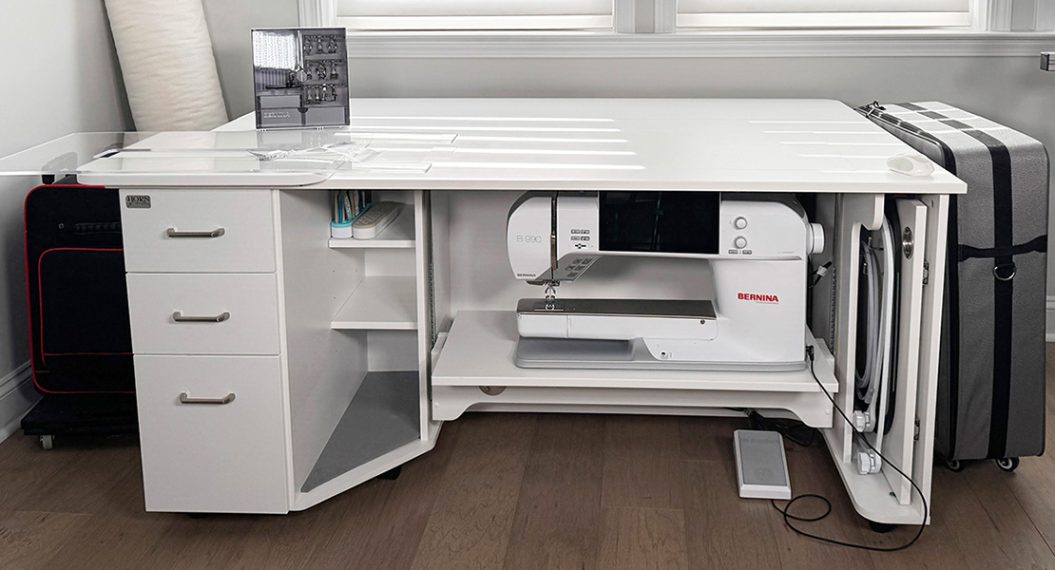
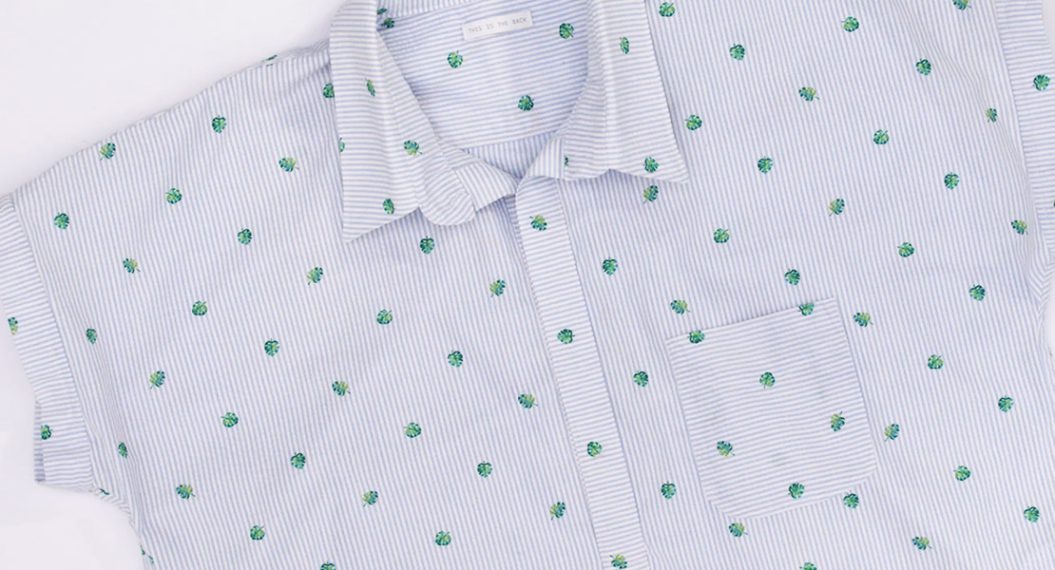
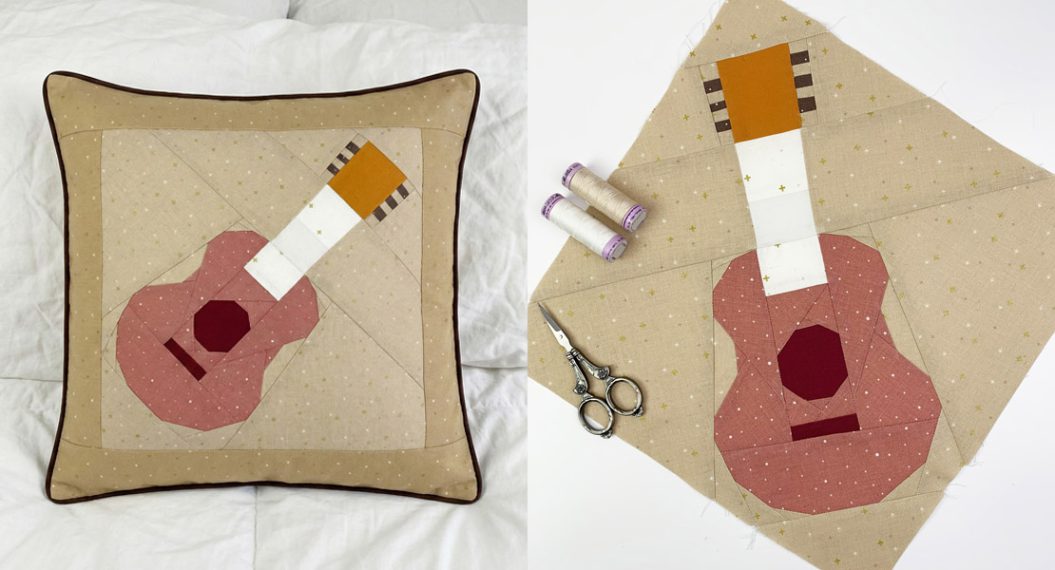
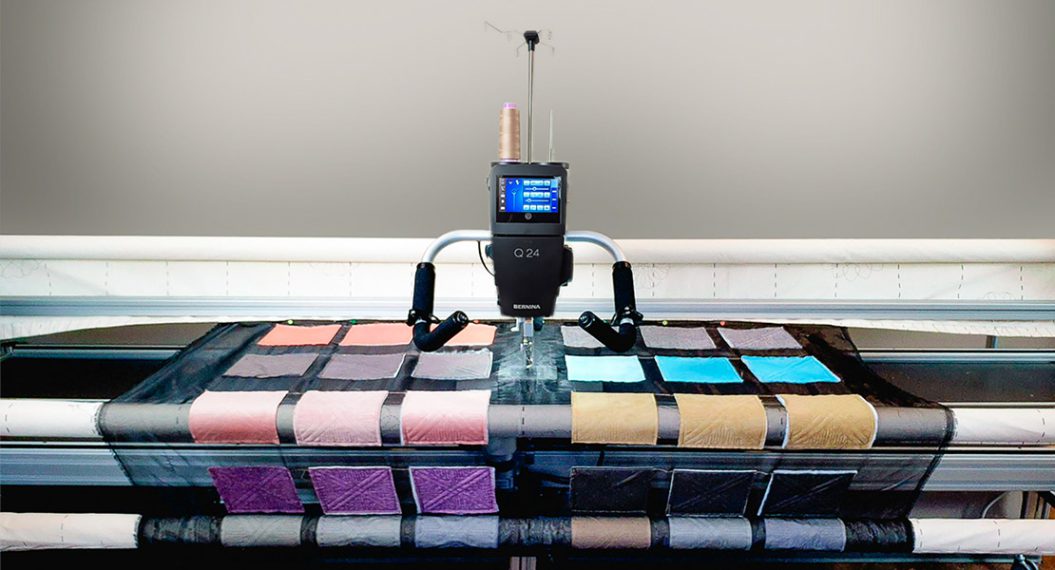
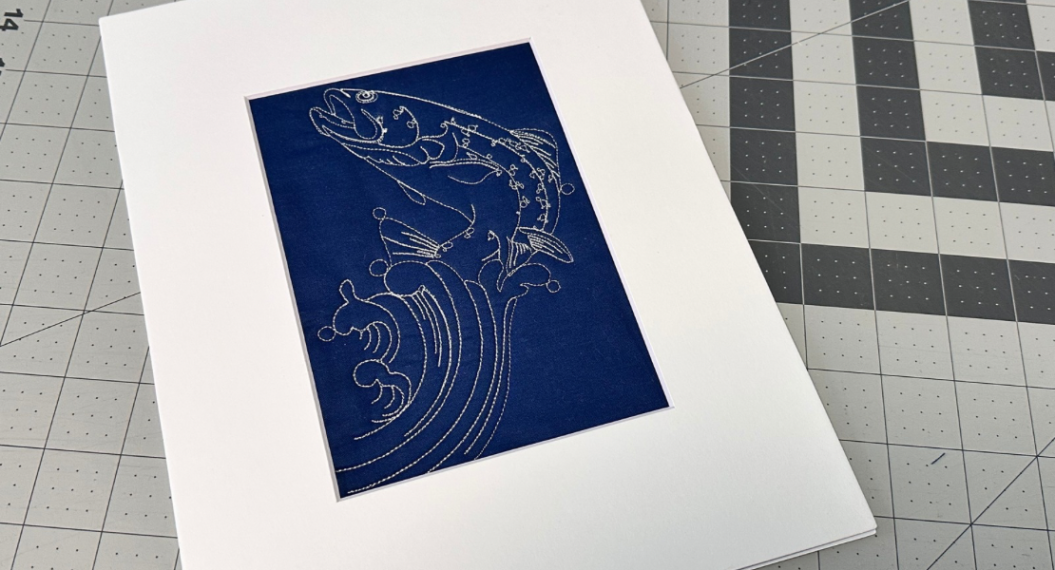
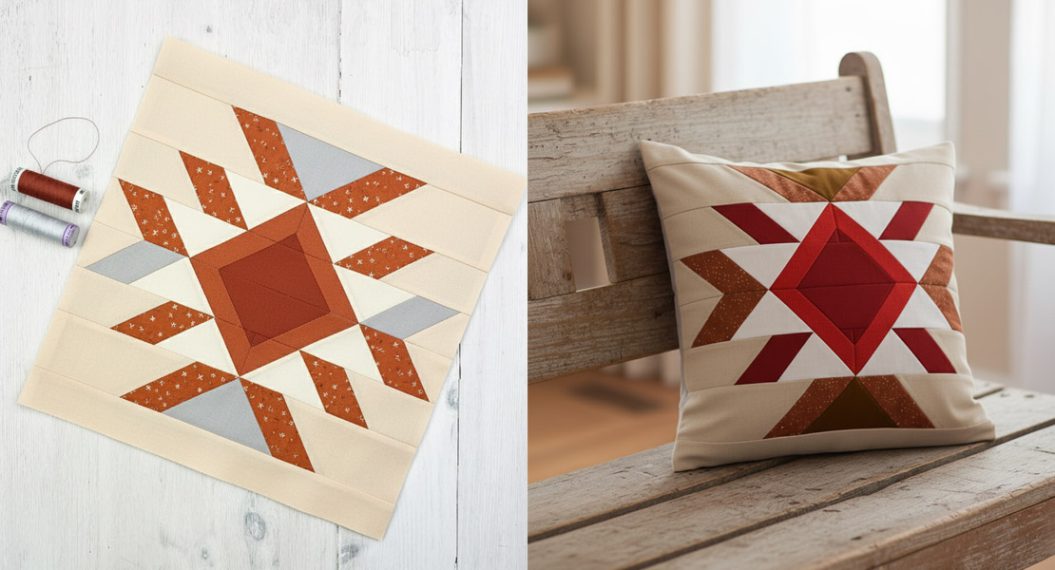
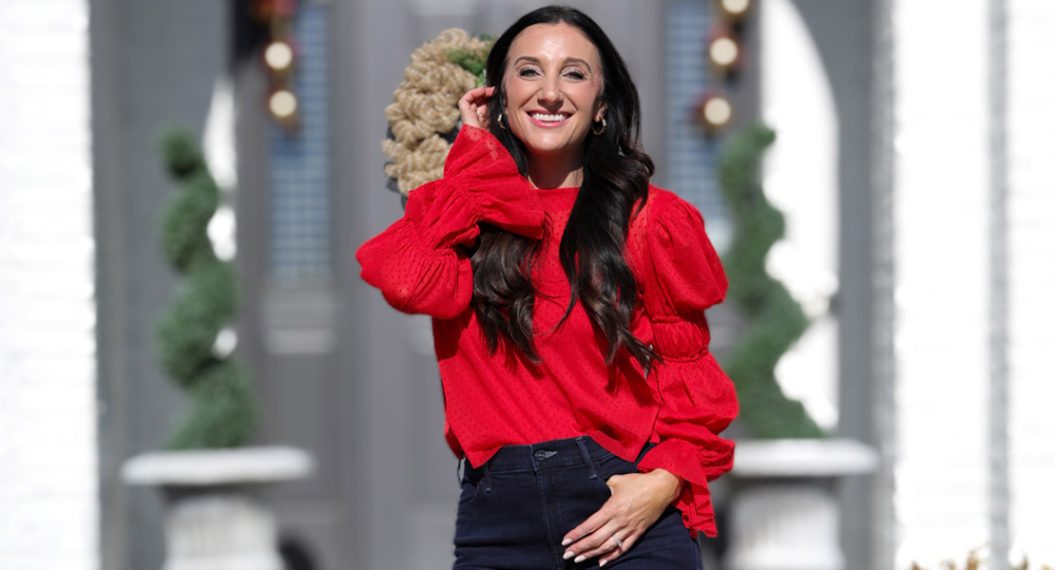
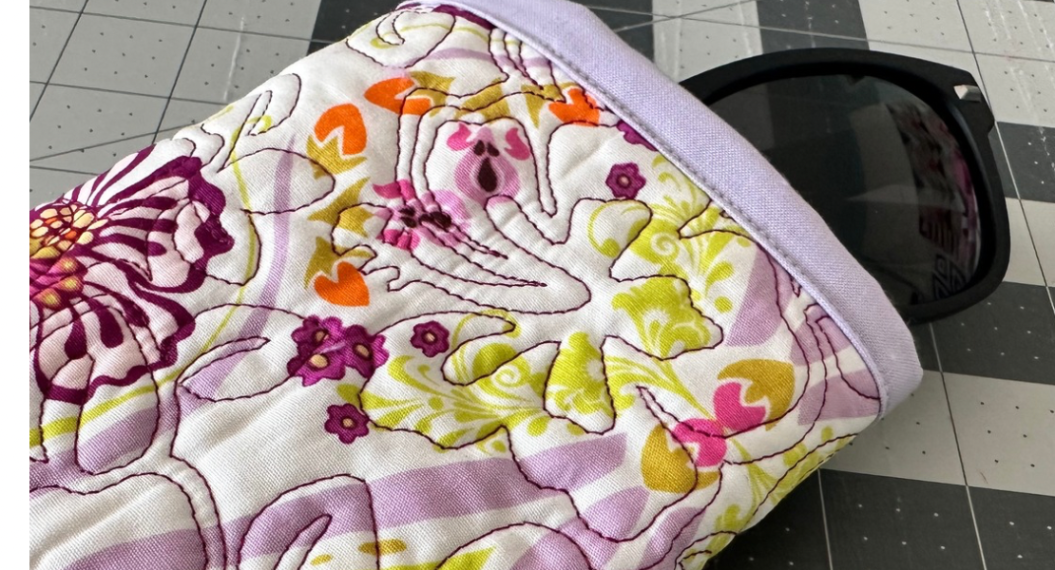
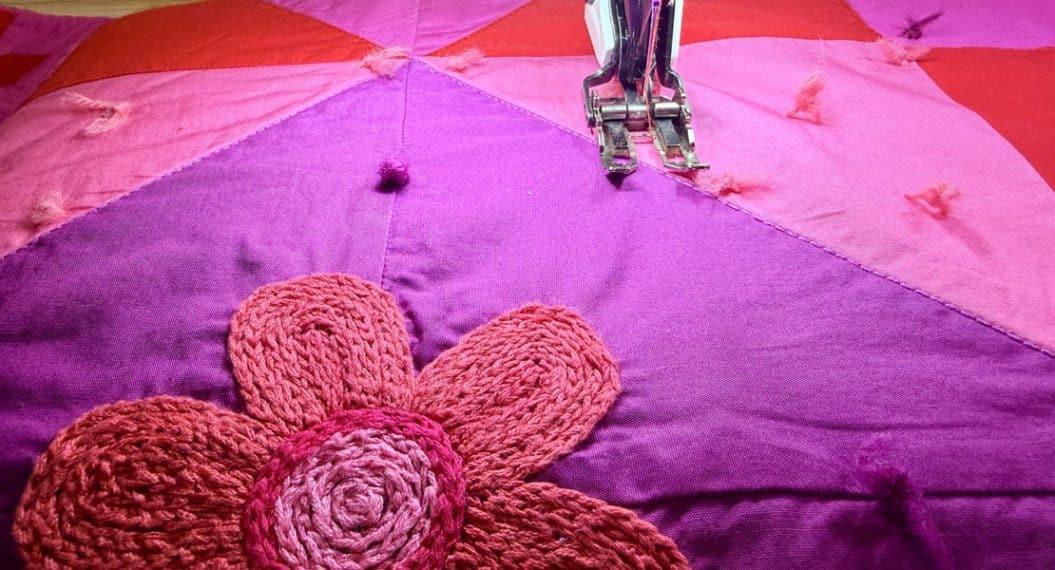
I am confused by this pattern. It says 4 small squares of background to every large color square.
By my math there are 16 large color squares called for in the directions. 4 x 16 = 64 small squares not the
36 as stated in the pattern.
Am I doing this wrong?